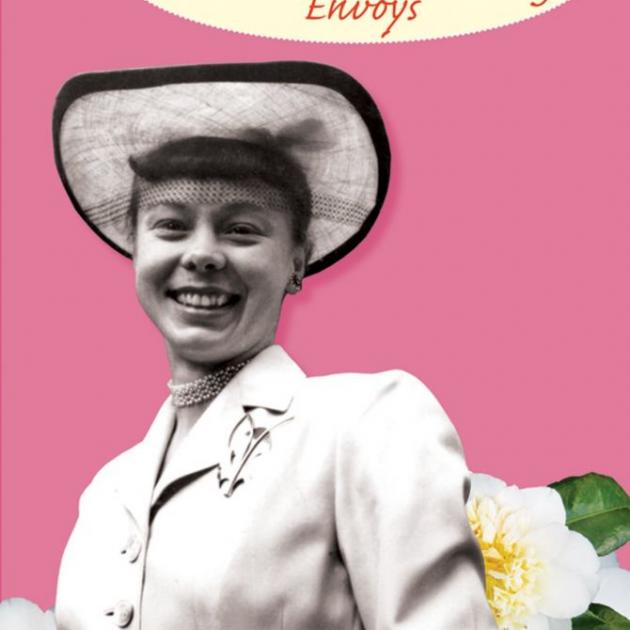
Joanna Woods is herself a New Zealand diplomatic ''other'', one of many who have given up career opportunities, uplifted children from friends and schools (or sent them to boarding school in other lands), overseen social events and adapted to customs that were very different from those they knew well. She chooses carefully the stories she tells, each chapter shining a light into an experience that illuminates a specific aspect of the challenges of diplomatic life.
The challenge for Maud Pember Reeves in the latter part of the 19th century was returning to Britain where women still had to gain the right to vote, from New Zealand where she had been a prominent campaigner for the vote. Britain was still ''home'' and her husband an agent general rather than an ambassador.
Maud responded to the political climate by becoming a member of the Fabian Society and establishing close relationships with leaders in the Socialist movement. She gathered other Fabian women around her to develop the basis of welfare policies relating to women and children. In an ironic twist, her own daughter Amber was to have a child with H. G. Wells and the telling of their negotiation of that is insightful.
The Reeves story sets out many of the themes in the diplomatic life that are to be encountered in the lives of others. There is the constant dilemma of exactly what status the companion has. How this is established rests as much with the tact and skill of the companion as with the cultural expectations of the host country and its officials.
Where conditions allow, the status can be openly important and result in valuable work in the host country. Eileen Powles in the 1950s in Samoa was able to facilitate the gathering of the village women's committees into a national body that became a political force.
Correct behaviours in tense ideological settings are a challenge. Moscow wives have needed strengths in forward thinking, a capacity to deflect less than tactful remarks, and a highly guarded conversational ability. In addition, a powerful ideology can shift political orientation.
Ruth Macky, an archivist, became enamoured of Marxism and she and her husband went to live in China, where their three daughters joined the Red Guards, while the ambassador and his wife trod difficult waters with the Russian post and their own employer.
In addition to the recurring domestic challenges of relationships with servants, refurbishing of residences, access to familiar foods, and the responses to unsettled and dangerous events both natural and human in a country, Woods devotes chapters to significant social shifts such as the employment status of embassy wives and the recognition for gay officials and companions.
Shifts within the diplomatic service are positioned against changes in society, either in New Zealand or the host country, to provide perspective. Shifts in policy and diplomatic structure and title are also explored to effect.
This is a well-researched book. For the most part a range of primary sources are used and in many cases, an interview has been possible. Careful references and a selected bibliography allow for further exploration of the lives of the subjects. The chapters both stand alone and link together to present an informative and interesting look at New Zealand's ''diplomatic ladies''.
Willie Campbell is a Dunedin educator.











